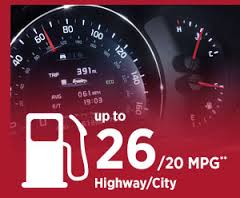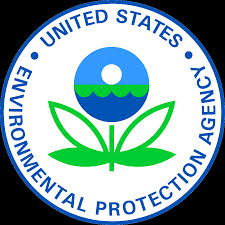Hyundai and Kia in Trouble Over False MPG Claims
In the largest civil penalty ever levied under the Clean Air Act, the federal government has fined two leading automakers $100,000,000 for falsely certifying the MPG statistics in over a million vehicles sold in the United States. The Clean Air Act of 1963 was amended in 1970 to greatly expand the federal mandate for protecting the public interest in fighting pollution. Within that mandate, the Environmental Protection Agency has broad powers to regulate greenhouse gas emissions of cars, trucks, motorcycles, SUVs, and motor vehicles of every kind. As most consumers are aware, such emissions are commonly measured in "Miles Per Gallon," or MPG.

This week the Justice Department and Environmental Protection Agency announced they have teamed up to investigate Hyundai and Kia's testing and certification of MPG claims. After years of denying the allegations, Hyundai and Kia have agreed to settle the matter for a hefty fine. The government investigation did not just focus on whether consumers might be mislead by the figures stated on the window sticker; but also on greenhouse gas emission credits that the companies were able to claim. Those credits can be bought, sold or traded to offset emissions for other gas-guzzling models. The value of these credits is believed to be independently worth about $200 million in the secondary market. This week's settlement, after years of investigation, also includes forfeiture of 4.75 million such credits, a reflection of the fact that the effect of such false dealing seriously thwarts the purposes of the Clean Air Act.
Improved gas mileage has been a key element of the Obama administration's environment strategy. In announcing the penalties against Hyundai, EPA Chief Gina McCarthy, emphasized that, "Businesses that play by the rules shouldn't have to compete with those breaking the law. This settlement upholds the integrity of the nation's fuel economy and greenhouse gas programs and supports all Americans who want to save fuel costs and reduce their environmental impact." Attorney General Eric Holder concurred. You can read the EPA's formal announcement here.

While Hyundai and Kia are in the hot seat right now, other manufacturers may be rightly worried as well. All manufacturers must do their own mileage testing, but the EPA audits those test practices and results. Recently the EPA has told BMW (i.e., Mini Cooper), Ford and Mercedes-Benz to cut the advertised MPG estimates on at least some of their models.
Over the last four decades, the Clean Air Act has made a huge difference in air quality, particularly in California cities. Prior to its passage, air pollution in Los Angeles, for example, was so bad that it was rare to see the San Gabriel mountains from downtown L.A. Now, that picture postcard view is a pretty common sight. With increased awareness of the importance of reducing one's own carbon footprint, California consumers really study and rely on the MPG stated on the window sticker when making the decision to buy a new car. With a deterrent like the civil penalty Hyundai faces this week, it is likely that more businesses will play by the rules.
 Kemnitzer Barron & Krieg Home
Kemnitzer Barron & Krieg Home

